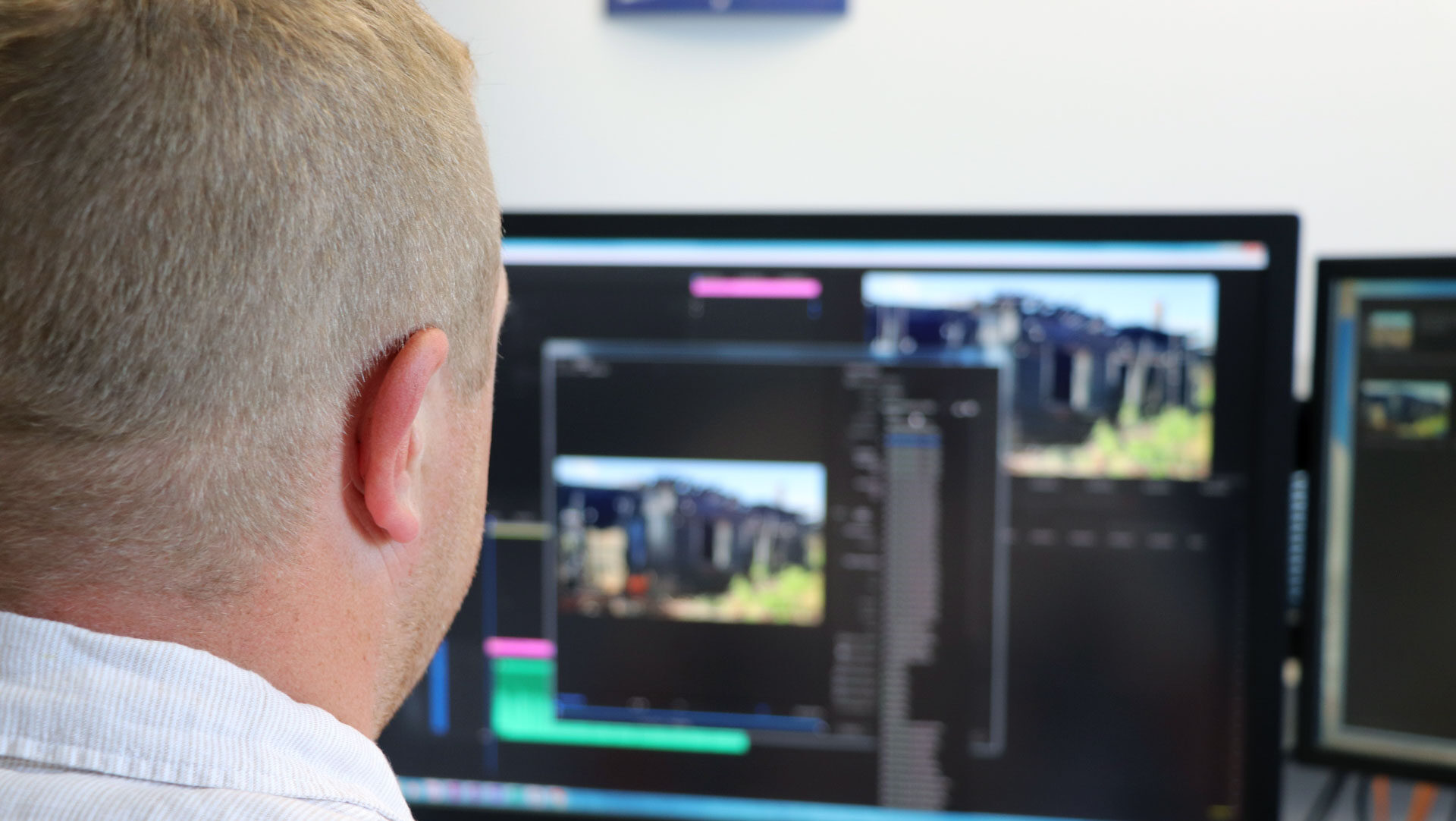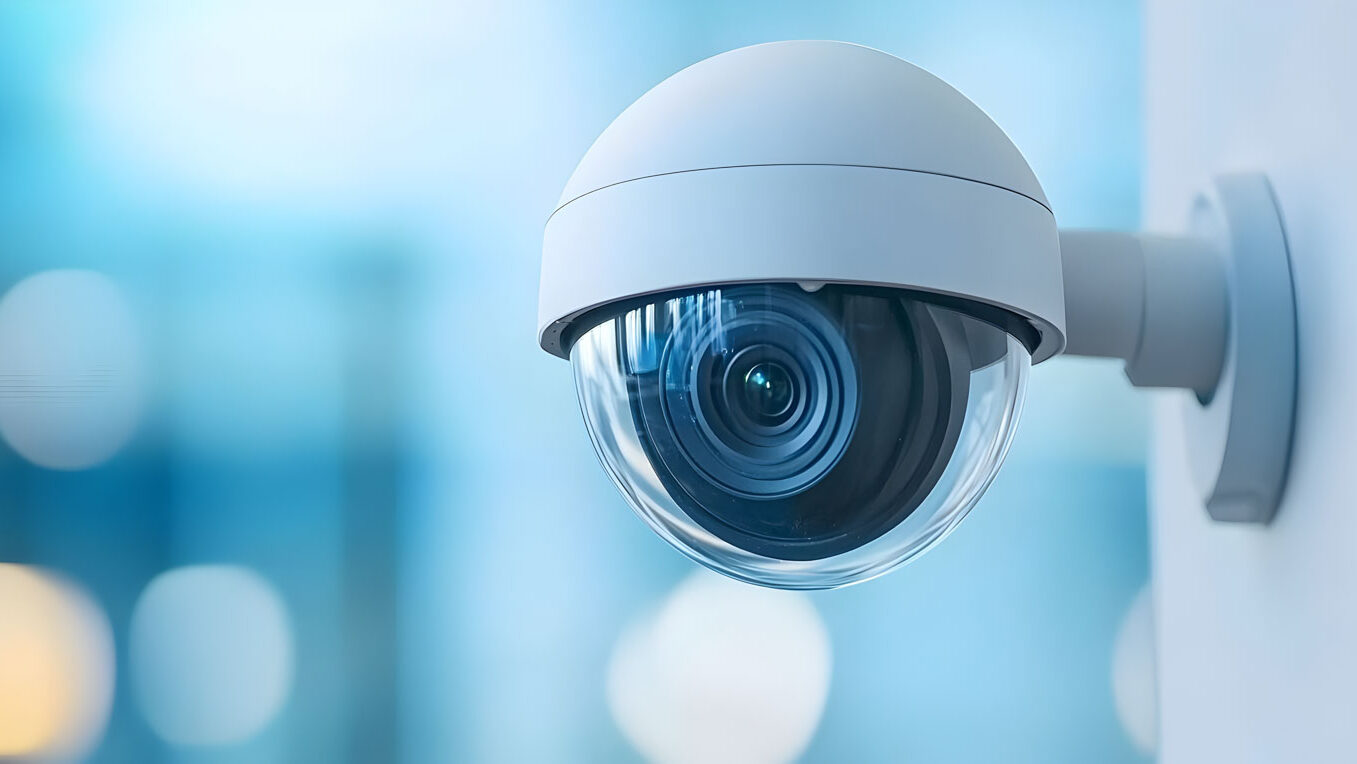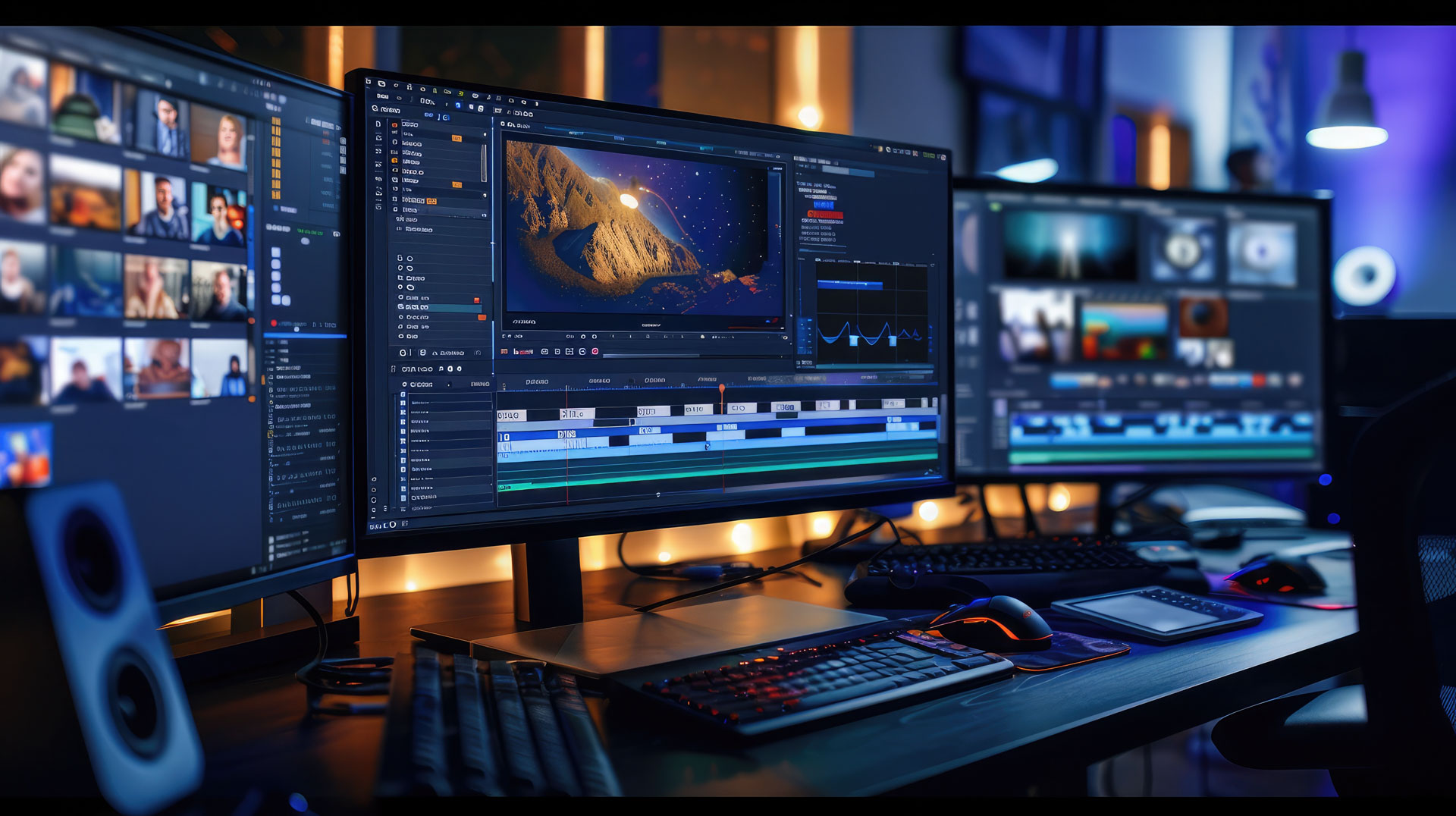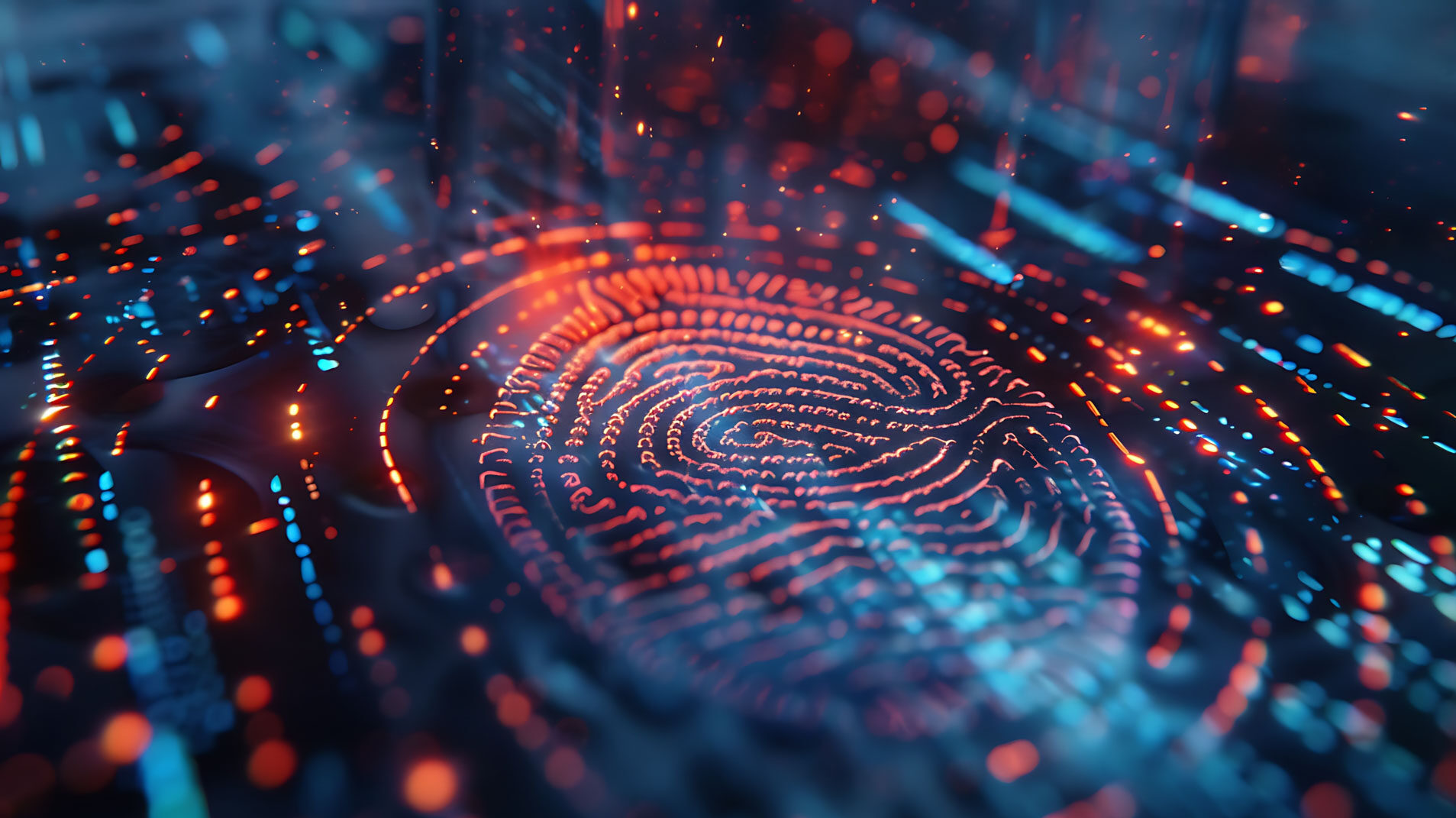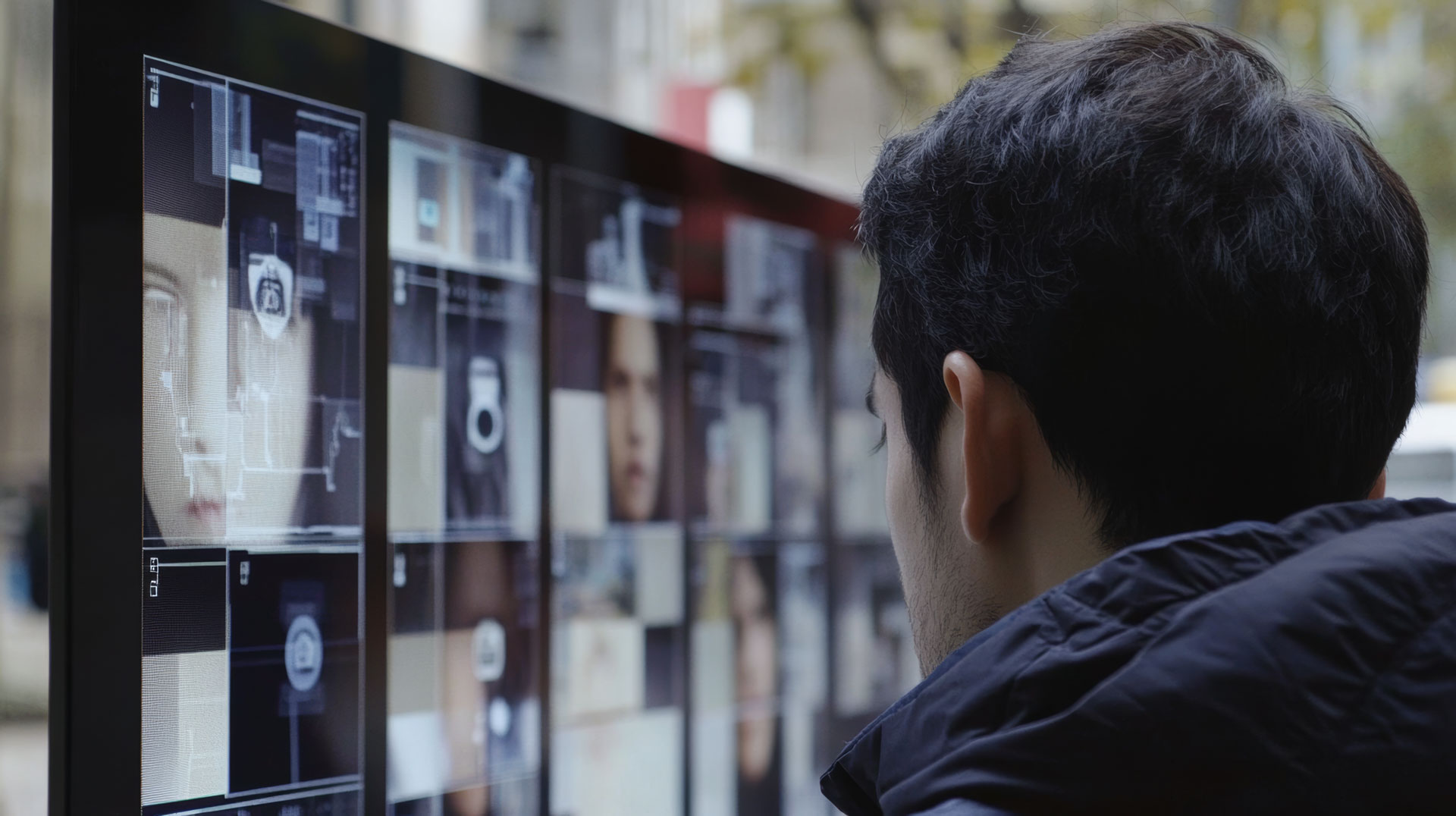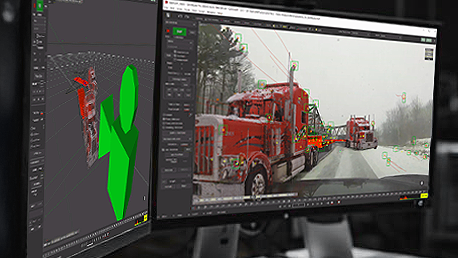
Photogrammetry 1: PhotoModeler and SynthEyes for Forensic Video Analysis
Photogrammetry involves extracting measurements from photos, aiding video analysis in object positioning, height, speed, and use-of-force cases. This course covers PhotoModeler and SynthEyes for tracking cameras, introduces photogrammetry fundamentals, and prepares students to defend their analyses.


